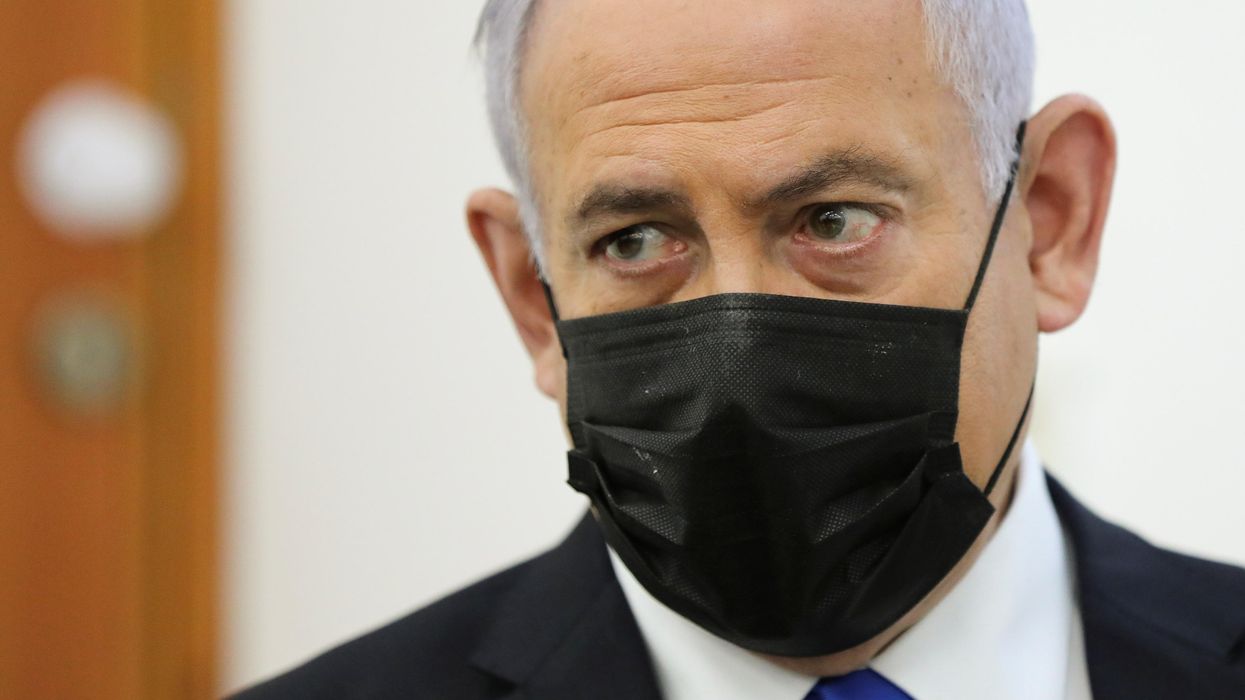Caught in the Digital Crosshairs
Why privacy is priceless
In this frail digital world, the right to privacy has never been more important, says David Haigh. The human rights lawyer was prominently targeted with the powerful Pegasus spyware in 2021. He adds that a minor breach in one's personal life is a gateway to "very, very serious breaches of other human rights."
Nov 12, 2023










